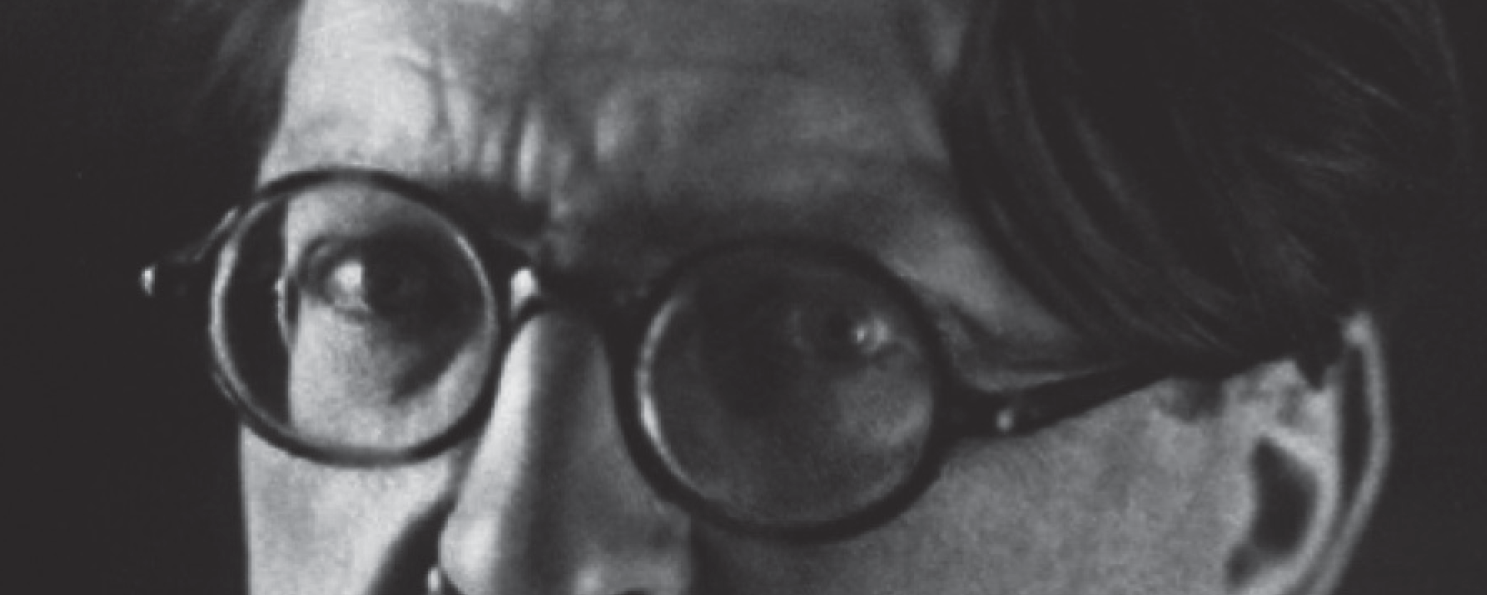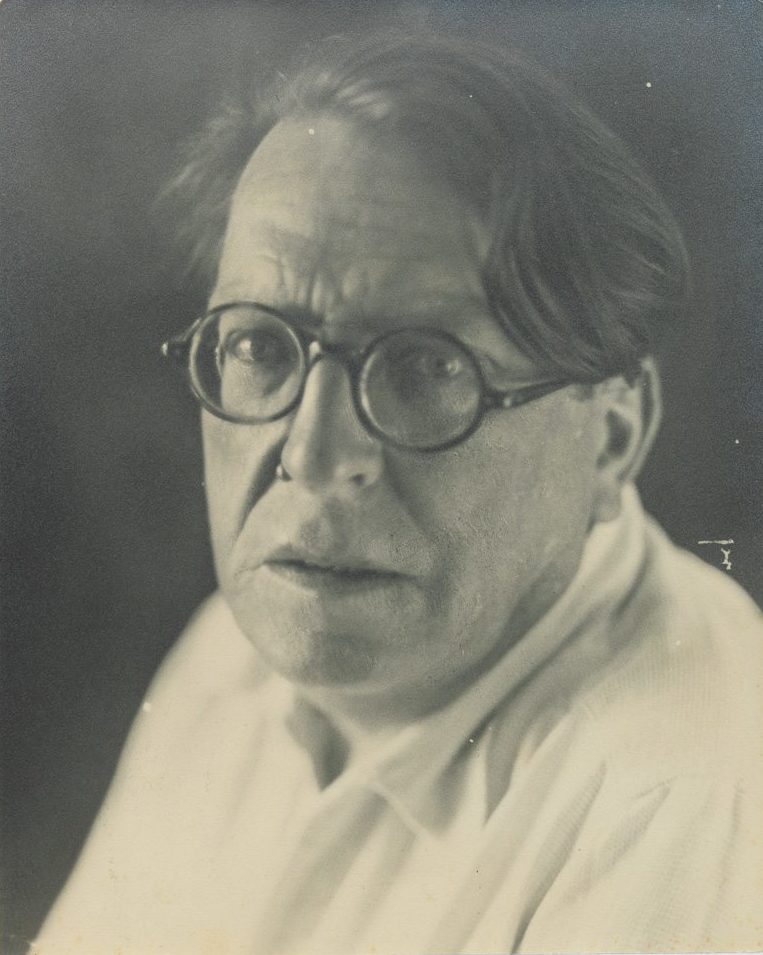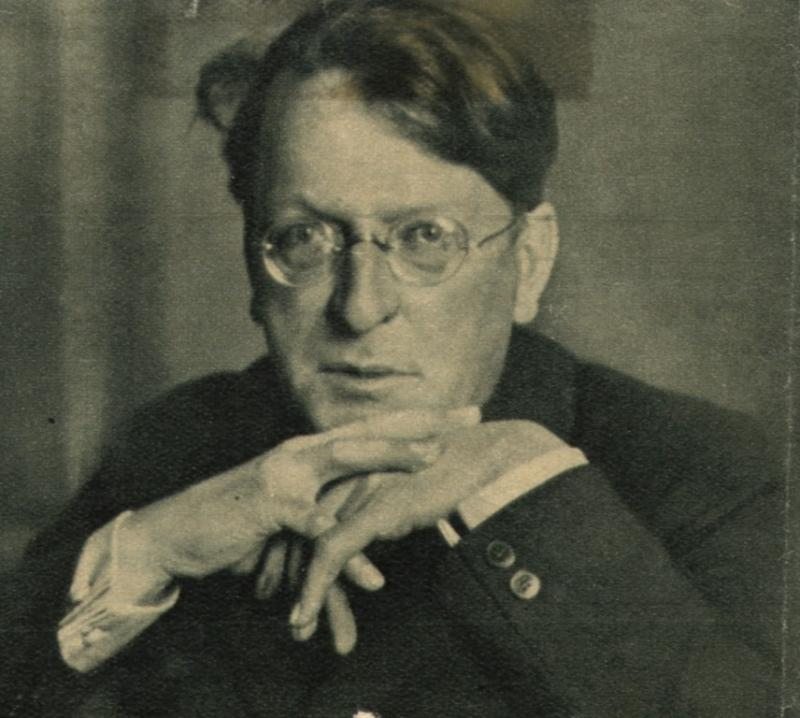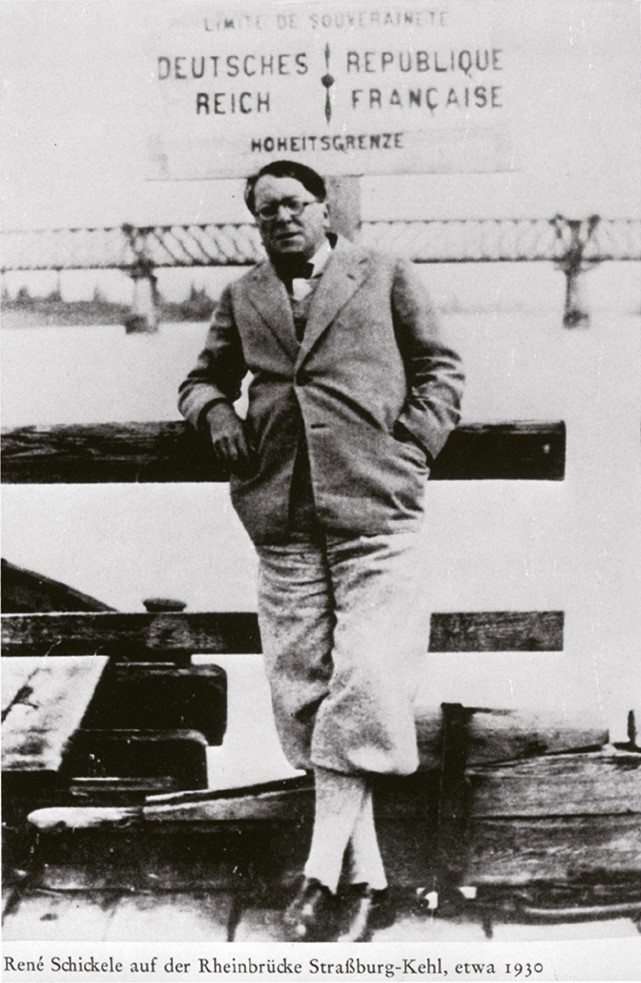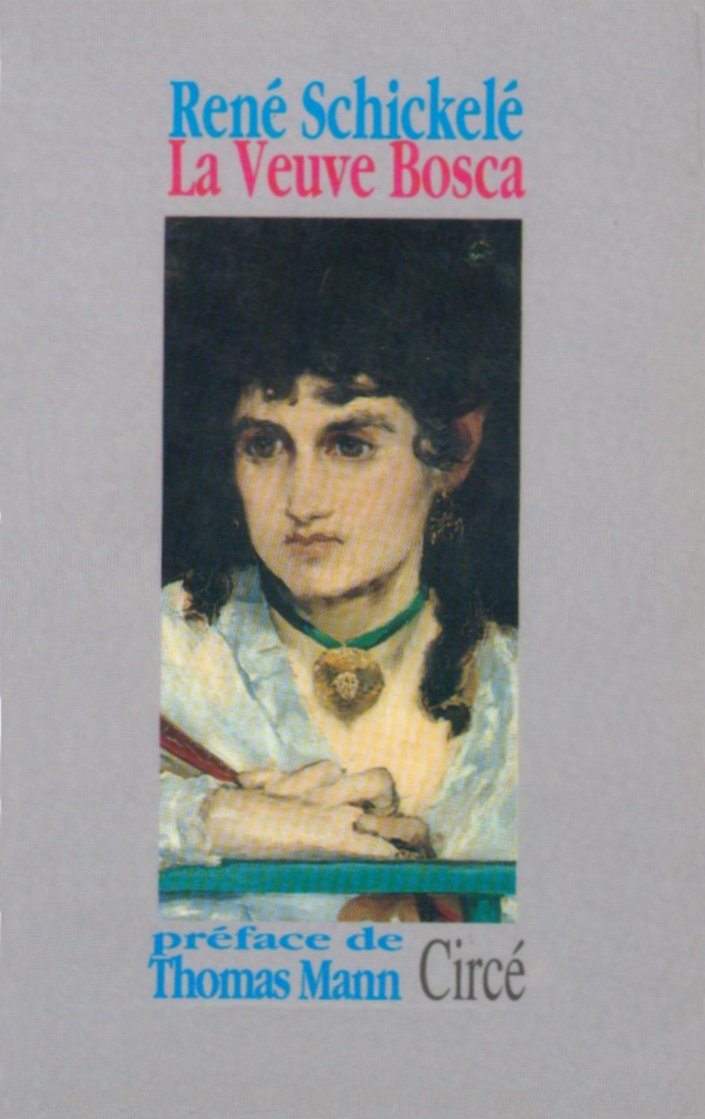Anna (1882-1973)
& René Schickele (1883-1940)
Born German, but naturalised French in 1919, Alsatian René Schickele claimed to be both a French citizen and a German poet. Attacked as early as 1932 by the Nazi press as a pacifist, then censored, he settled with his wife Anna in Sanary, where he continued his militant literary work. In 1932/1933, he wrote his ‘Cahiers bleus’, a political chronicle that demonstrated his clear-sightedness regarding the rise of Nazism. In 1934, he published his novel ‘La veuve Bosca’, in which he gave pride of place to Sanary and the Provençal landscape. That same year, he left Sanary for Nice-Fabron, but returned often to visit. He died in 1940 in Vence.
Neither a Jew nor an exile, with a French mother and German father, René Schickele worked between his two countries and could not take sides when war broke out in 1914. He therefore went into exile in Switzerland, which remained neutral. After the war, he settled in Badenweiler in the Black Forest, Germany, as a French citizen and German poet, and hoped to become a link between French and German cultures.
In 1932, his doctor, who was treating him for asthma and rheumatism, recommended that he move to a warm, dry climate. A keen observer of political developments in Germany, Schickele foresaw the impending disaster. So he spent a few days with his friend Julius Meier-Graefe in Saint-Cyr, who advised him to move to Sanary, a pleasant, inexpensive little fishing village. From 1932 to 1934, the Schickeles rented the villa La Ben Qui Hado, situated on a small hill ten minutes’ walk from the port of Sanary and its cafés, overlooking the rooftops of the village and with a view of the sea.
In Sanary, his son Hans was enjoying philosophy classes at his new lycée in Toulon. René was enjoying the landscape and climate and was making good progress on his novel La veuve Bosca, in which he set the scene in the Provençal countryside. However, money worries arose and the growing number of German-speaking emigrants following Adolf Hitler’s seizure of power and the auto-da-fé in Germany disturbed him. The family had to move into a smaller villa, which proved to be damp and therefore bad for their health. René Schickele regretfully left Sanary and eventually moved to Nice-Fabron.
In 1938, René Schickele wrote his first novel in French, Le Retour. The German translation, Die Heimkehr, was published the following year. By then, the family lived in a beautiful Provençal house in Vence, a favored location for painters and tuberculosis patients. In early 1940, René contracted a severe flu, followed by pleurisy. Until his last moments, he read and wrote, but his heart, weakened by years of asthma, could no longer endure. René Schickele died on January 31, 1940, in Vence. As per his wishes, his remains were transferred on April 30, 1956, to the cemetery in Badenweiler-Lipburg.
TO FIND OUT MORE
The Jacques Duhamel multimedia library in Sanary-sur-Mer has a collection of books on the theme of the memory of exile in Sanary.

